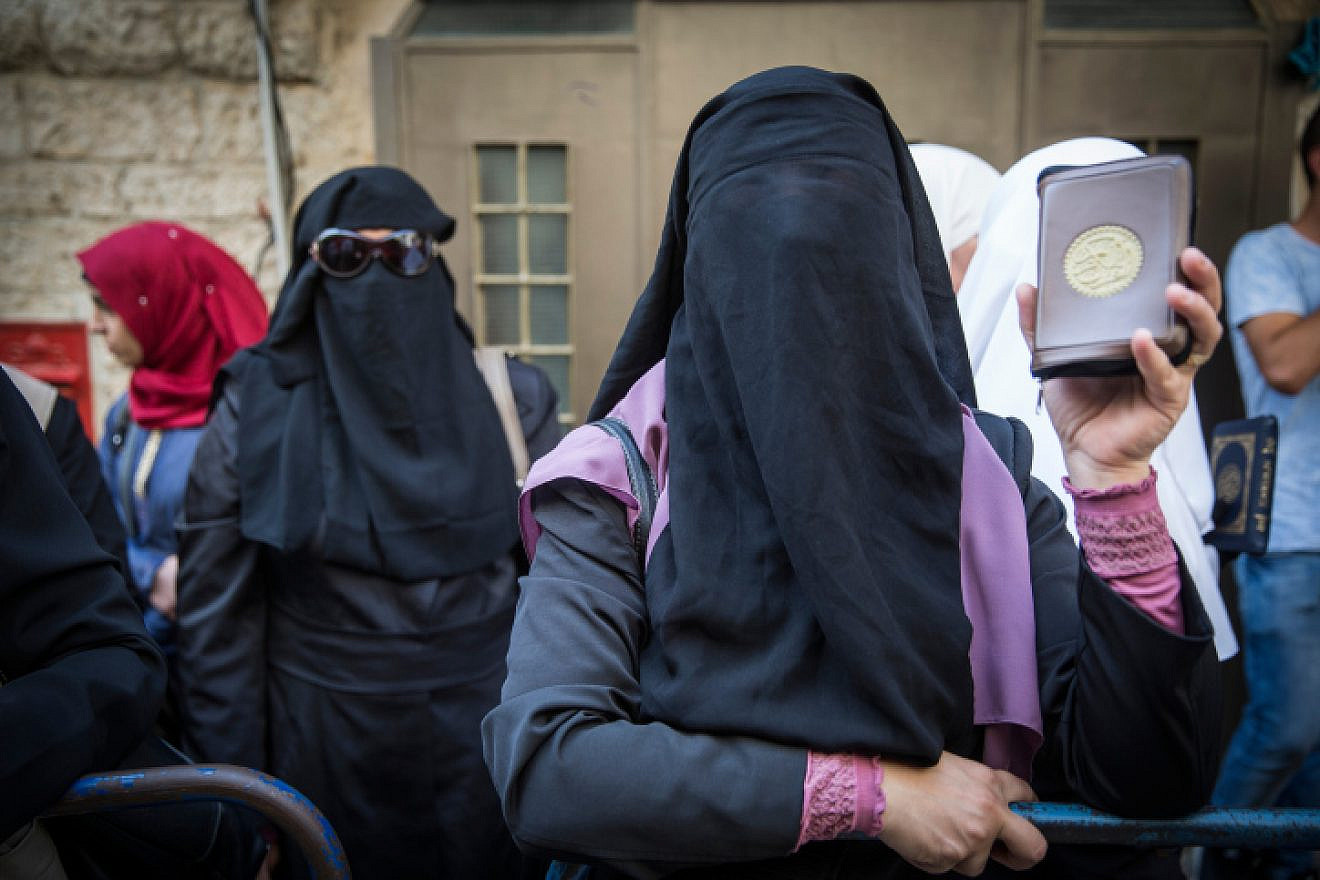Honor-based abuse cases in England rose by more than 60% in two years, with 2,594 cases in 2022 vs. 1,599 in 2020. The data derive from 26 of 39 constabularies, The Guardian reported on Sunday.
Honor-based crimes can include murder, forced marriage, rape (gang rape is used as punishment against women suspected of engaging in illicit relations), forced genital mutilation and other coercive acts.
Such crimes are common in many Muslim countries, including Pakistan and Bangladesh. (1.6 million people, or 2.7%, of the United Kingdom’s population identify as Pakistani, and 94,434, or 1.1%, as Bangladeshi, according to the 2022 U.K. census.)
A 2013 global survey of the world’s Muslims by the Pew Research Center found that in only 14 out of 23 countries did Muslims reject the practice of honor killing. Support for it was highest in Afghanistan, Iraq, Egypt and Jordan.
The problem of honor-based crimes, or honor violence, has become a serious issue in Europe amid increased migration from regions where the practice is accepted.
Already in 2009, the European Parliamentary Assembly passed a resolution calling for a strategy “to eliminate social acceptance of ‘honor crimes.’”
The Metropolitan police (Greater London), West Midlands and Greater Manchester forces recorded the highest rates of honor-based abuse in 2021 and 2022.
The Metropolitan police documented 1,213 cases, including “two attempted murders, 32 rapes, 310 cases of forced marriage and 49 cases of female genital mutilation,” The Guardian reported.
In Greater Manchester, there were a total of 729 cases, including 42 rapes, 56 forced marriages and 104 instances of assault and battery.
West Midlands, an area including the city of Birmingham, recorded 729 cases of honor abuse, including 27 rapes, 19 forced marriages and 90 death threats.
The rise in honor-based violence since 2016 is even more dramatic, the paper noted, (up 193%).
Speculation as to the causes of the increase include positive trends, such as better reporting, i.e. more victims coming forward, and improved policing.
However, “global political and social issues” are also contributing to the rise, said Imran Khodabocus, a director at the British-based Family Law Company.
“In my experience, some people are becoming more rigid in their thinking and this is creating more instances where they feel they must defend their, or their families’, honor,” he told The Guardian.
A spokesperson from the London-based Iranian & Kurdish Women’s Rights Organization (IKWRO) echoed his observation, telling the paper that “global political and social factors contribute to the polarization of views and exacerbate ‘honour-based’ abuse.”
Khodabocus also said family court backlogs contribute to the problem. “There is not the same drive to clear chronic backlogs in these courts as we have seen recently in the criminal courts,” he said.
“This means many cases I act in are taking at least nine to 12 months to be resolved, leaving families and particularly children in a vulnerable position. For many of the cases I act in, a lack of court interpreters is also creating significant delays to cases,” he added.
He said honor-based crimes are not only on the rise but also have become more “severe.”
The Metropolitan Police define honor-based abuse as “a crime or incident committed to protect or defend the honor of a family or community.”
According to the Crown Prosecution Service (CPS), which prosecutes criminal cases in England and Wales, “Experience tells us that SCHBA [So-Called Honor-Based Abuse] is usually perpetrated by the victims’ families, extended families and members of their community…It can lead to families acting together in order to protect the perpetrator as opposed to the victim.”
Deputy Chief Constable Ivan Balhatchet, the National Police Chiefs’ Council lead for tackling honor-based abuse, told a House of Commons committee in January 2023 that police “shy away” from such cases because “they fear being labeled racists.”
Source: JNS



































